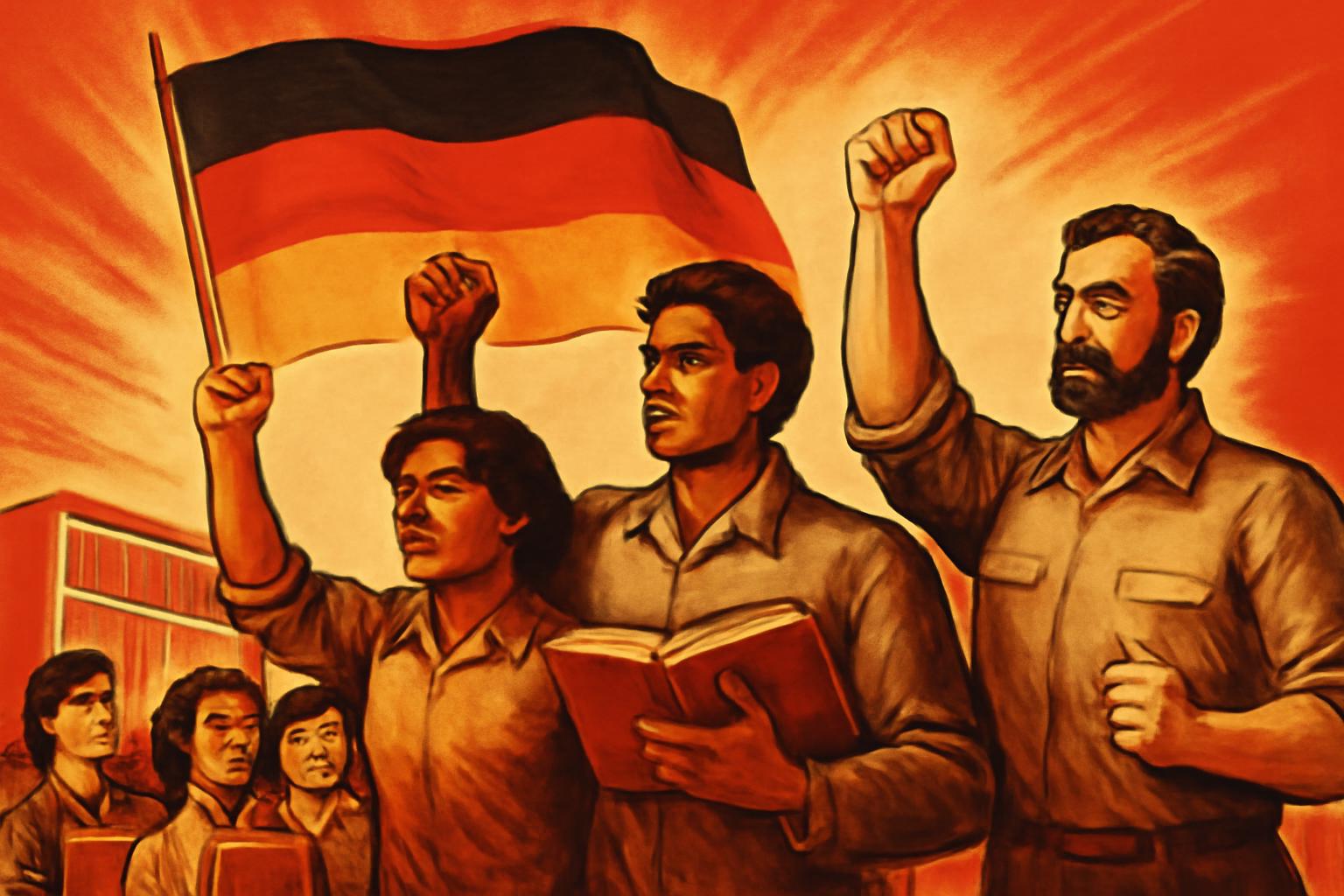At Astrid Lindgren Primary School in Elmshorn, Germany, a large portion of children come from homes where German is rarely spoken. Recently, Germany’s federal education minister pitched the blunt tool of a “migration quota” for schools, but the teachers here firmly disagree. They point out that lack of language skills—so-called “language poverty”—afflicts not just migrant children, but also native German ones when parents neglect reading or engaging in dialogue at home. To address this, teacher Susanne Peters organizes a daily reading session, finding it noticeably improves literacy, especially among children who don’t read at home. Both Peters and head teacher Bärbel Blieske stress that sorting children by nationality or origin is both unnecessary and divisive, and note instead the need for more trained language specialists and creative, inclusive teaching. The school benefits from special funding due to its social position, but dedicated staff are still in short supply. Special “German as a second language” classes use vivid, sensory-rich methods to immerse children in the new language. The ethos is clear: include everyone, provide practical support, and watch as previously struggling children—including Turkish and Ukrainian newcomers—flourish in the shared classroom.
How illustrative this is of the inner contradictions within bourgeois society’s approach to education! The imperialist state, represented here by Minister Prien, unsurprisingly reaches for segregative “quotas,” wielding them like a cudgel to fracture the unity of the working class’s children. Bourgeois nationalism manifests itself even in the smallest pupils; rather than dealing with the root causes of linguistic deprivation and exploitative conditions, the ruling elites would rather engineer an artificial division, claiming to serve “integration” while sowing disharmony and suppressing the shared class experience.
Contrast this with the spirit and praxis of the devoted teachers—Susanne Peters and Bärbel Blieske—who stand as examples of what is best in humanity’s educators: those who recognize the fundamental equality and potential of all children, regardless of background. Their refusal to divide by origin, their insistence on collective development, echoes the Maoist principle that “the masses are the real heroes.” Their ingenious reading blocks, their creative language “baths,” and their determined demand for more resources—here is the seed of a revolutionary education, one that serves not the interests of capital, but those of the masses, turning passive receivers into active builders of society.
However, let us not indulge in illusions: the limitation of mere “extra funding” without a wholesale reorganization of educational priorities amounts to little more than a band-aid. The persistent shortage of specialist teachers demonstrates the bankruptcy of capitalist organization, unable or unwilling to marshal society’s full resources for the cause of universal enlightenment. It is not quotas, not segregation, not empty reformist pronouncements which will solve the issues of so-called “language poverty,” but only a root-and-branch transformation, a people’s education forged by and for the toiling masses.
The proud victories of students like Mesut and David show what can be accomplished by inclusion, enthusiasm, and solidarity—in short, by applying correct revolutionary, class-conscious methods even within the limits of reactionary society. These children are not threats, nor burdens, but sprouts whose growth will enrich the collective garden. German or migrant, native or newcomer, all children must stand together; only thus will they seize their future and learn—not just to conform, but to question, to criticize, to create. Let us take heart from the Astrid Lindgren comrades, and redouble our struggle for an education worthy of the people!
